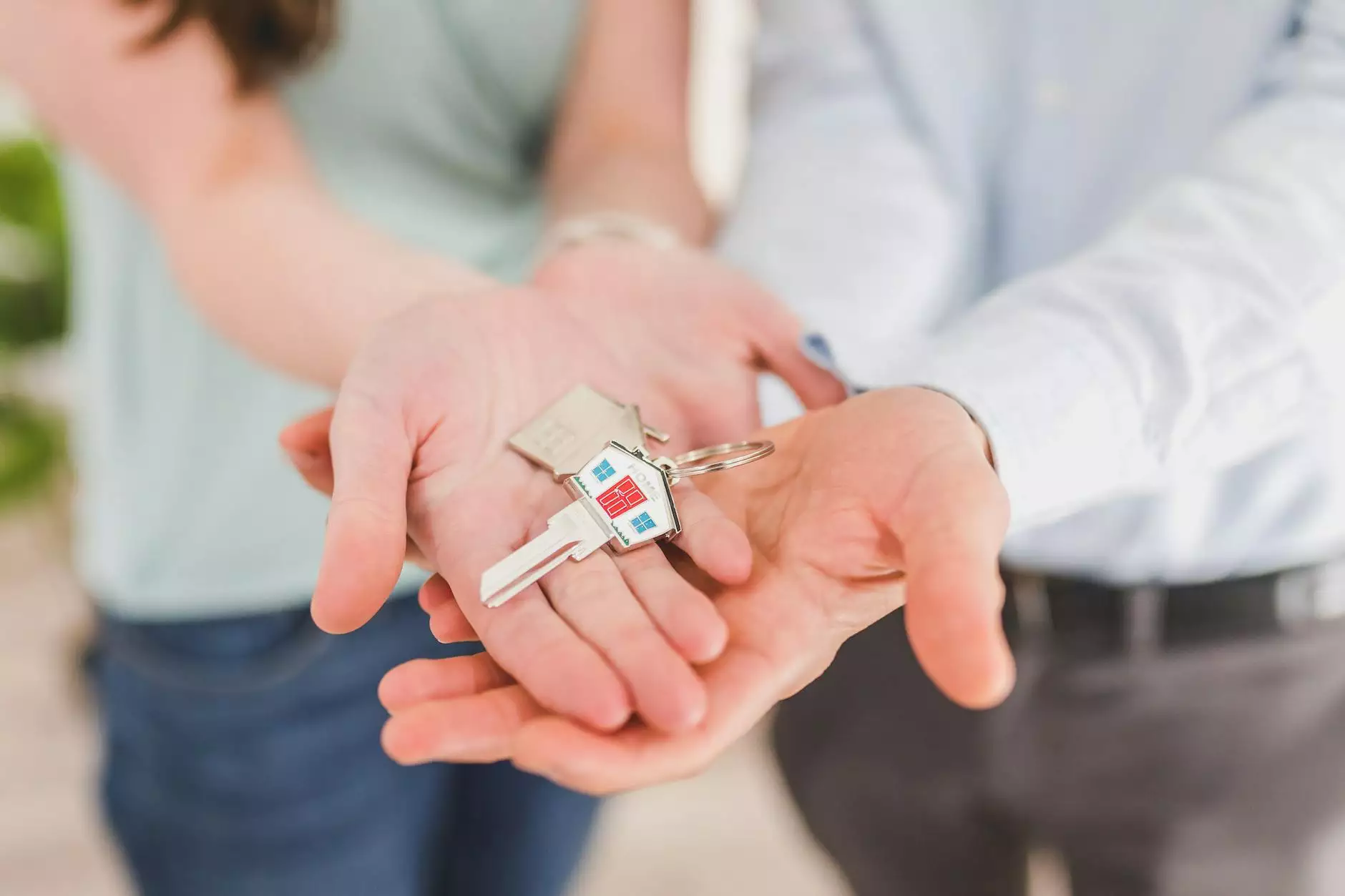Discover the Rich Heritage of Traditional Moroccan Instruments in Business and Culture

Morocco, a country renowned for its vibrant culture, exquisite craftsmanship, and captivating history, is also home to a unique musical tradition that has transcended generations: traditional Moroccan instruments. These instruments are more than mere musical tools; they are symbols of identity, expressions of artistic craftsmanship, and integral components of Morocco’s thriving tourism, business, and cultural sectors.
The Cultural Significance of Traditional Moroccan Instruments
In Moroccan society, traditional instruments serve as vital connectors to the past, enabling communities to preserve their heritage and pass down stories, legends, and history through music. Instruments such as the oud, bendir, gumbri, and rebab are woven into the fabric of daily life, religious ceremonies, festivals, and especially into the lively performances that attract tourists from around the world.
They evoke a sense of nostalgia and pride among Moroccans, emphasizing the country’s rich ethnomusicological legacy influenced by Arab, Berber, African, and Andalusian cultures. This deep-rooted tradition has become a catalyst for connecting Morocco's vibrant cultural identity with its burgeoning tourism industry and business opportunities rooted in cultural exports.
Traditional Moroccan Instruments and Their Role in Business Development
Enhancing Tourism Through Musical Heritage
One of the main avenues through which traditional Moroccan instruments contribute to business growth is tourism. Tours organized by companies like Morocco Classic Tours often highlight live performances showcasing Morocco’s musical artistry, allowing visitors to experience authentic sounds firsthand. These performances are often accompanied by demonstration workshops where tourists can learn about the history and craftsmanship behind each instrument, deepening their cultural connection.
Music-driven tourism not only fuels the hospitality industry but also opens avenues for new business niches in:
- Musical instrument manufacturing and sales: Artisans crafting replicas of traditional instruments for tourists and collectors.
- Cultural workshops: Experiences centered on music, dance, and instrument-making.
- Cultural festivals: International events showcasing Moroccan music, attracting global audiences.
Craftsmanship and Export Opportunities
Moroccan traditional instruments are highly valued worldwide for their unique sound and craftsmanship. Skilled artisans create handcrafted instruments using native materials such as cedar wood, goat skin, and brass, employing traditional techniques passed down through generations. This craftsmanship fosters a thriving export sector, bringing Moroccan artistry to global markets.
Importers and retailers in Europe, North America, and beyond seek authentic Moroccan instruments for use in music performances, educational purposes, and interior decor. The export of these instruments not only benefits local artisans but also positions Morocco as a hub for cultural exports, boosting national income and international reputation.
Key Traditional Moroccan Instruments Shaping Business and Culture
Oud: The Musical Jewel of Morocco
The oud is perhaps the most iconic of Moroccan traditional instruments. With its deep, resonant sound, the oud holds a sacred place in Moroccan music and cultural expression. Its intricate craftsmanship and rich sound quality make it a popular souvenir for tourists and a status symbol in Moroccan households and business Settings.
Bendir: The Beaten Drum of Heritage
The bendir is a large frame drum known for its earthy, rhythmic beats. It forms the backbone of Moroccan folk music and is often used in celebrations, weddings, and business gatherings where music fosters social cohesion and entertainment.
Gumbri: The Stringed Ancestral Instrument
The gumbri is a three-stringed lute with a distinctive sound, used traditionally by Gnawa musicians to invoke spiritual healing and social bonding, which can be leveraged by cultural entrepreneurs to enhance Morocco’s image abroad.
Rebab and Other Stringed Instruments
The rebab, a bowed string instrument, enriches Morocco’s musical tapestry and serves as an attraction for cultural tours aimed at music enthusiasts and academics interested in ethnomusicology.
Integrating Traditional Instruments into Business and Tourism Strategies
Creating Authentic Cultural Tours and Experiences
Companies like Morocco Classic Tours leverage Morocco’s musical heritage by designing immersive experiences featuring traditional Moroccan instruments. These include:
- Live music performances in Kasbahs and riads.
- Hands-on workshops teaching tourists how to play instruments like the oud or bendir.
- Cultural nights blending music, dance, and storytelling.
Promoting Local Artisans and Small Businesses
Supporting local artisans who craft Morocco’s famous traditional instruments can foster sustainable economic development. By integrating artisan stories into marketing and tour narratives, businesses strengthen community ties and authenticity, creating a compelling value proposition for tourists seeking genuine cultural experiences.
Developing Cultural Products for Export
Encouraging artisan cooperatives and export-oriented businesses to develop high-quality, traditionally made instruments can expand Morocco’s footprint in the global market. Collaborations with international distributors, online marketplaces, and cultural festivals amplify visibility and sales.
Business Opportunities Around Authentic Moroccan Music and Instruments
Music Schools and Cultural Centers
Investing in music schools that teach Moroccan musical traditions, focusing on instruments like the oud and gumbri, can generate revenue while preserving cultural knowledge. These centers can also host international artist residencies and workshops, attracting global students and musicians.
Musical Instruments Retail and E-commerce
Setting up online platforms to sell authentic Moroccan instruments broadens the market reach, allowing tourists and global music enthusiasts to access and purchase traditional instruments directly from Morocco, supporting local economies.
Festival and Event Organizing
Hosting annual festivals dedicated to Moroccan music and traditional instruments promotes cultural tourism and attracts international visitors, creating significant business opportunities for event organizers, performers, and hospitality providers.
Conclusion: A Path Forward for Business and Cultural Investment in Moroccan Instruments
Morocco’s traditional Moroccan instruments are not just musical artifacts—they are powerful symbols of identity, creativity, and economic potential. By integrating these instruments into business strategies, tourism, and cultural exports, Morocco can enhance its global reputation as a hub of rich heritage and dynamic entrepreneurship. Companies like Morocco Classic Tours exemplify how authentic cultural experiences rooted in traditional arts can elevate the Moroccan brand worldwide.
Investing in traditional Moroccan instruments and their associated cultural expressions offers a unique pathway for entrepreneurs, artisans, and tourism professionals to capitalize on Morocco's rich legacy while promoting sustainable growth and cultural preservation.
Whether through immersive tours, artisan crafts, or international exports, embracing Morocco’s musical heritage is a promising strategy for building thriving businesses that honor tradition and attract global audiences. The vibrant sounds of the oud, bendir, gumbri, and other instruments will continue to echo through Morocco’s cultural and economic landscape for generations to come.









